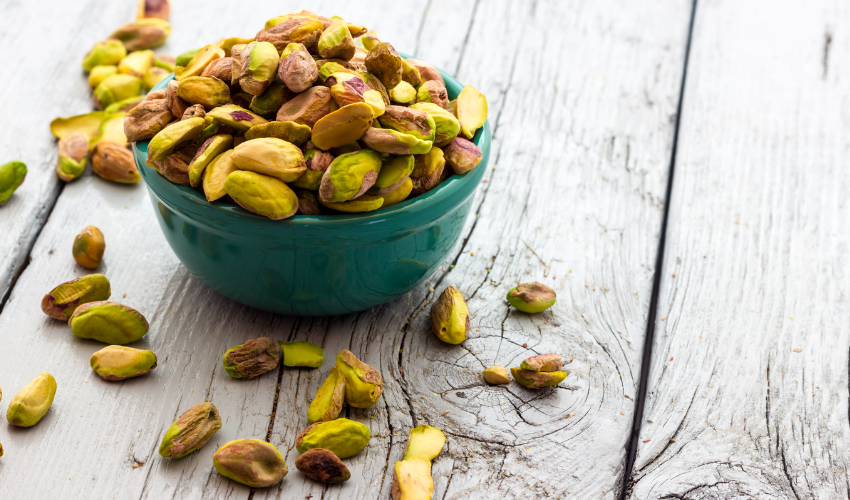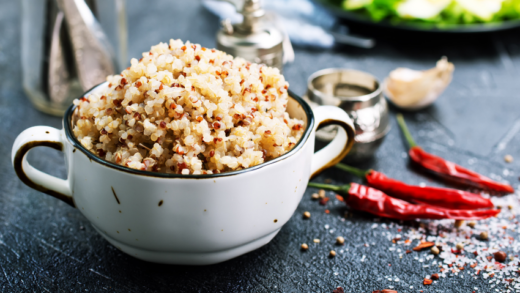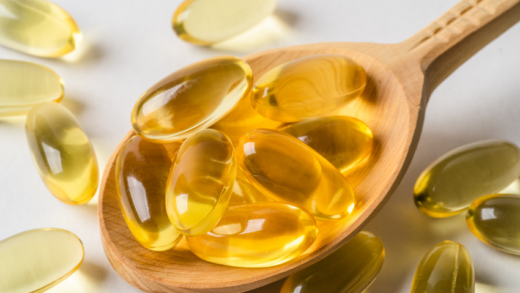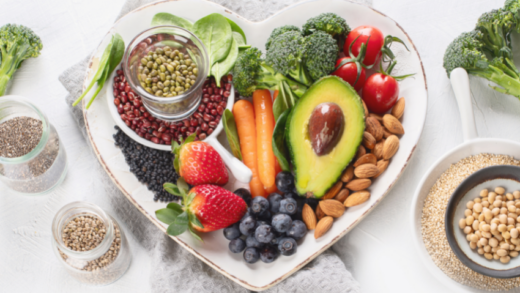Vitamin K is a crucial nutrient that helps our bodies maintain healthy blood clotting and bone health. It’s also been shown to have a positive impact on heart health. While vitamin K deficiencies are relatively rare, it’s still important to make sure we’re getting enough of this vital nutrient. In this article, we’ll explore some of the best vitamin K rich foods to add to your diet and boost your overall health.
Top Vitamin K Rich Foods
Spinach
Spinach is one of the most nutrient-dense foods out there, and it’s loaded with vitamin K. Just one cup of cooked spinach contains over 800% of your daily recommended intake of vitamin K!
Kale
Like spinach, kale is packed with vitamins and minerals, including vitamin K. One cup of cooked kale contains over 1000% of your daily recommended intake of vitamin K.
Broccoli

Broccoli is a great source of vitamin K, as well as vitamin C and fiber. One cup of cooked broccoli contains around 220% of your daily recommended intake of vitamin K.
Brussels Sprouts
These tiny veggies are often overlooked, but they’re a fantastic source of vitamin K. One cup of cooked Brussels sprouts contains around 160% of your daily recommended intake of vitamin K.
Natto
Natto is a fermented soybean dish that’s popular in Japan. It’s an acquired taste for some, but it’s one of the richest sources of vitamin K out there. Just one serving of natto contains over 1000% of your daily recommended intake of vitamin K!
Parsley
This common herb is often used as a garnish, but it’s also packed with vitamin K. Just one tablespoon of fresh parsley contains around 50% of your daily recommended intake of vitamin K.
Collard Greens
Collard greens are a staple in southern cooking, and they’re also a great source of vitamin K. One cup of cooked collard greens contains around 530% of your daily recommended intake of vitamin K.
Fermented Foods
Fermented foods like sauerkraut, kimchi, and kefir are also excellent sources of vitamin K. They are also rich in probiotics, which can help support a healthy gut microbiome.
Green Beans
Green beans are a tasty and nutritious vegetable that are high in vitamin K. They are also a good source of vitamin C, fiber, and folate.
Avocado
Avocado is a nutrient-dense fruit that is high in vitamin K. It is also rich in healthy fats, fiber, and antioxidants. Enjoy it sliced on toast or in a salad.
Prunes
Prunes, also known as dried plums, are a sweet and nutritious snack that are high in vitamin K. They are also a good source of fiber and antioxidants.
Pistachios

Pistachios are a delicious and nutritious nut that are high in vitamin K. They are also a good source of healthy fats, fiber, and protein.
Blueberries
Blueberries are a superfood that are not only high in vitamin K, but also antioxidants and fiber. They are a great addition to smoothies, oatmeal, or eaten as a snack.
FAQs
How much vitamin K do I need?
The recommended daily intake of vitamin K varies by age and gender. Adults should aim for around 90-120 micrograms per day.
Can I get enough vitamin K from supplements?
While supplements can be a good option for some people, it is always best to get your nutrients from whole foods whenever possible.
Are there any foods that can interfere with vitamin K absorption?
Yes, certain foods like grapefruit, cranberries, and alcohol can interfere with vitamin K absorption. It is best to eat a varied diet and avoid excessive consumption of these foods.
Can vitamin K help with bone health?
Yes, vitamin K plays an important role in bone health by helping to build and maintain strong bones.
Are there any side effects of consuming too much vitamin K?
While vitamin K toxicity is rare, it is possible to consume too much of this nutrient through supplements. Excessive consumption of vitamin K can interfere with blood thinning medications and cause blood clotting issues. It is always best to consult with a healthcare provider before taking any supplements.
Conclusion
Incorporating vitamin K rich foods into your diet is essential for maintaining optimal health. From leafy greens to fermented foods, there are many delicious options to choose from. By adding these foods to your meals, you can help support your immune system, maintain healthy bones, and improve your overall wellbeing. Remember to aim for a balanced diet that includes a variety of nutrient-dense foods, and always consult with a healthcare provider before taking any supplements.






















